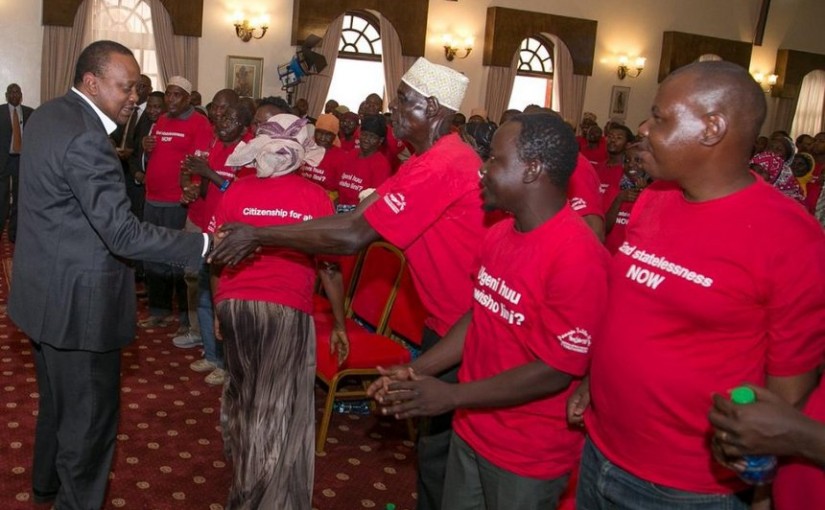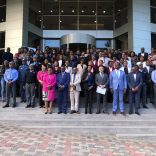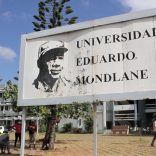Mozambique: Mpox patients escape from quarantine in Niassa
Uhuru okays stateless Makonde community’s citizenship, title deeds claim

The Star Kenya / President Uhuru Kenyatta when he met with a delegation from Makonde community who called on him at State House, Thursday October 13
President Uhuru Kenyatta on Thursday issued a directive that all eligible stateless Makonde people be issued with national identity cards by December.
This follows the seventh ordinary cabinet meeting that held at State House that approved the registration and issuance of citizenship to the Makonde people of the Coast region.
The President further ordered responsible government departments to ensure the members of the community are issued with title deeds for their land.
The Makonde are a community living in Kwale county but originally from Mozambique. They have been in the country for decades but are yet to be recognised as citizens.
The President told a delegation of 300 members of the community, who trekked from Kwale County to present a petition to him at State House, that he was sorry.
“I seek your apology on behalf of other Kenyans because we have taken too long to consider you as our brothers and sisters,” Uhuru said.
The community is largely found in Coast region, having been recruited by the British colonial authorities from Northern Mozambique.
They came to Kenya in 1947 to work at sisal farms and sugar plantations in Kwale, Kilifi and Taita Taveta.
“When Kenya attained independence in 1963, the Makonde were not identified as one of the 42 tribes of Kenya,” Uhuru said.
“Asians and Arabs who held British citizenship were however given a two-year grace period to either register as Kenyan citizens or take up British citizenship,” the President said.
“This provision left out other migrant communities who had been living in Kenya before 1963 and who consequently became stateless,” he said.
He said after promulgation of the new constitution in 2010, the new Citizenship and Immigration Act No 12 of 2011, had a provision for issuance of citizenship to stateless persons.
“This was valid for five years but the Cabinet Secretary could extend it for three more years. However, the Makonde have been unable to take advantage of the new law,” Uhuru said.
Their failure to apply for citizenship, the head of state said, can be attributed to lack of necessary supporting documents.
President Kenyatta told the delegation that the issue had been brought to his attention by Kwale governor Salim Mvurya.
Uhuru said that the government has been working to resolve the matter, and will personally follow up during a visit of Mombasa in December.
Deputy President William Ruto said it was regrettable that the Makonde have never been recognized as Kenyans up to this time.












Leave a Reply
Be the First to Comment!
You must be logged in to post a comment.
You must be logged in to post a comment.